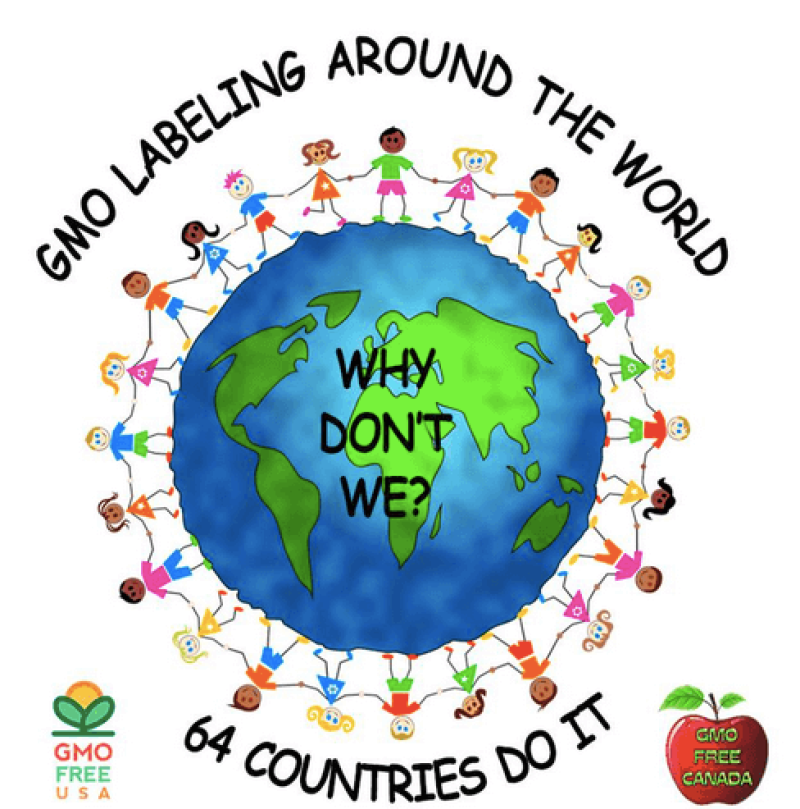In the debate surrounding GMOs, a statement that is often made is that many countries have banned transgenic crops, which suggests that they are not safe. Here’s an example from the Non-GMO Project’s website:
Most developed nations do not consider GMOs to be safe. In more than 60 countries around the world, including Australia, Japan, and all of the countries in the European Union, there are significant restrictions or outright bans on the production and sale of GMOs.
All countries have laws and regulations surrounding biotech crops, including the United States, which is why you can’t develop a transgenic crop and have it sold in stores the following season. Very few countries have an outright ban, where GMOs can neither be grown nor imported. According to GMOAnswers.com, only Kenya falls in this category, but I also found that Peru has a 10-year ban on the use and import of GMO seeds.
What struck me when doing research for this article is how little the science of GMOs was mentioned. I didn’t find any evidence to support the statement that “most developed countries do not consider GMOs to be safe.” I only looked into four countries for this article, yet three of them fall within the category of nations where there are severe restrictions on the cultivation of transgenic crops.
These four countries are extremely diverse in terms of economic status and development, as well as their relationship with the US. Despite these differences, the common thread seems to be the fact that laws or policies against GMOs are economic or political in nature, and have little to do with safety.
The GLP aggregated and excerpted this blog/article to reflect the diversity of news, opinion and analysis. Read full, original post: A look at GMO policies in different nations































